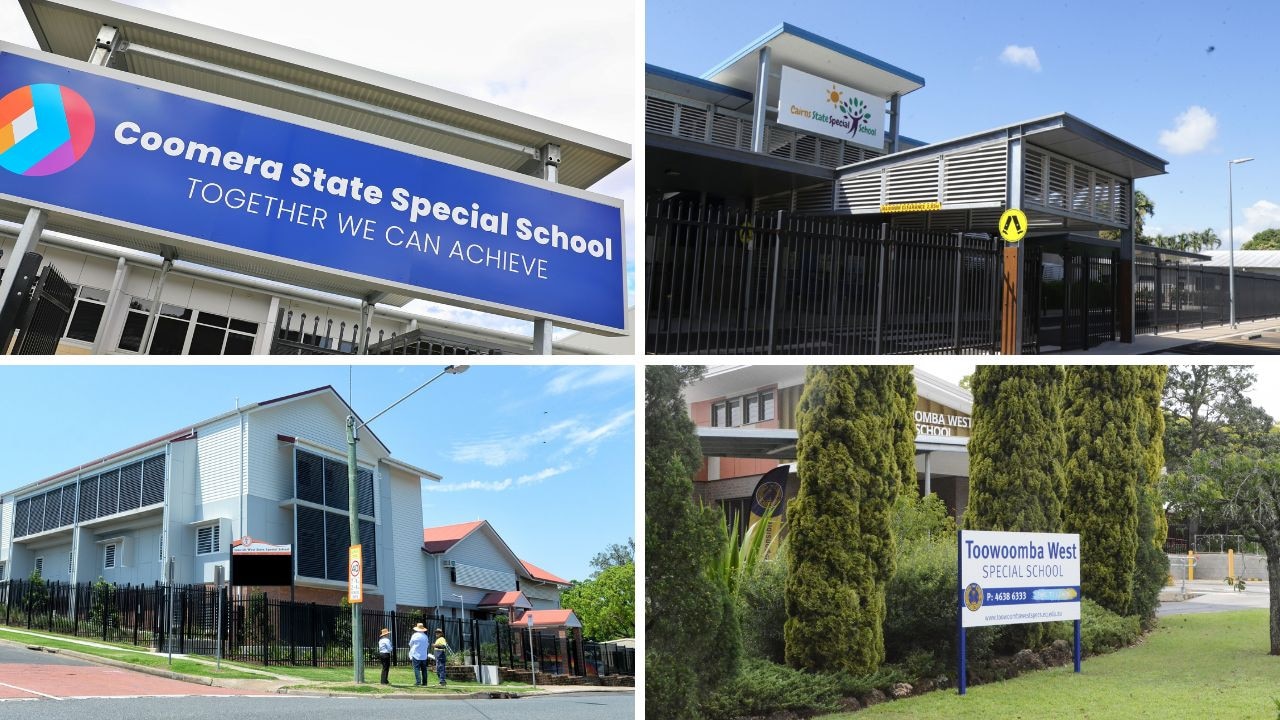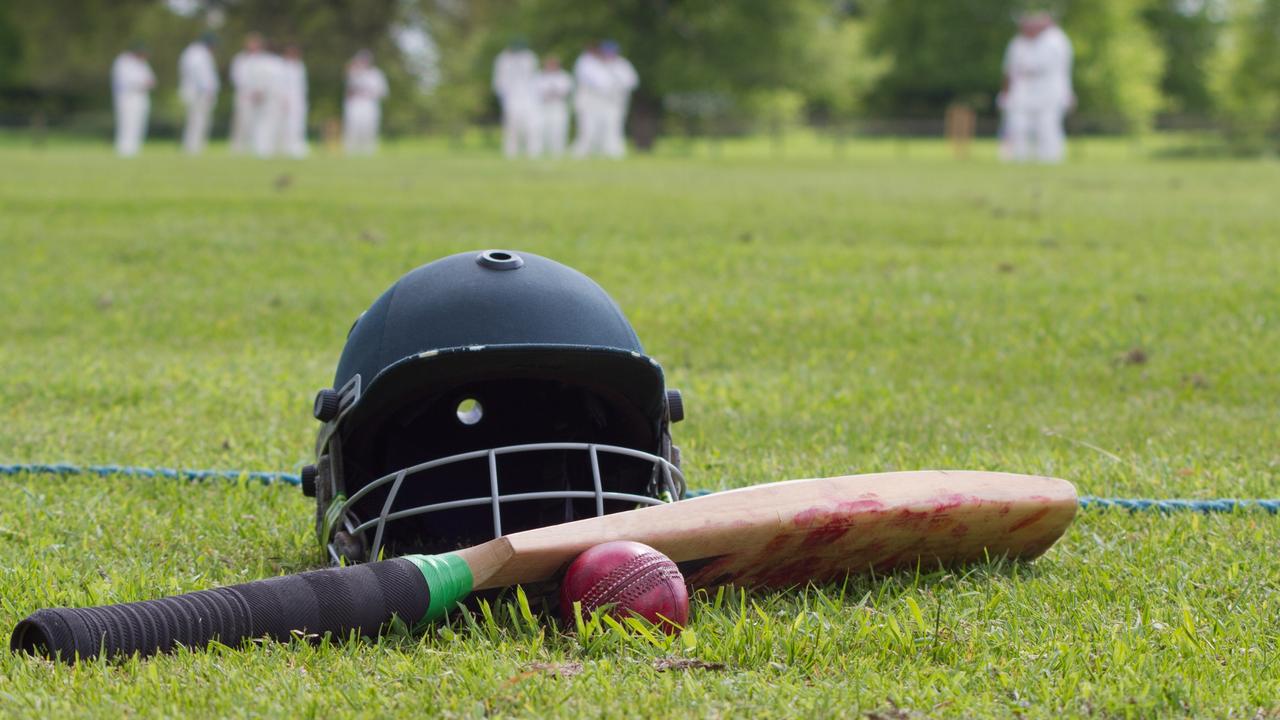Ranked: Qld’s best, worst schools rated by parents, students and teachers
Queensland’s bush schools may have less resources, fewer extra-curricular options and recruitment challenges, but country kids are happier in school, exclusive new analysis reveals. SEE THE BEST AND WORST SCHOOLS
Schools Hub
Don't miss out on the headlines from Schools Hub. Followed categories will be added to My News.
Queensland kids from country state schools are more likely to be happier in classrooms than their city cousins, an analysis of more than 1000 school annual reports has revealed.
An exclusive Courier-Mail analysis of individual state school student, parent and teacher surveys over two years has shown Queensland’s best and worst schools, based on enjoyment.
SCROLL DOWN TO SEE THE FULL LIST
Despite bush schools having less resources, lower academic output, fewer extra-curricular student activities and recruitment challenges, experts say they help produce happy kids.
The analysis pulled responses to the following three questions from the annual reports from parents: “this is a good school”, students: “I like being at my school” and teachers: “I enjoy working at this school”.
Overall, students were more likely to have a negative experience of their school compared to the parents and teachers.
Of the schools where 100 per cent of the student cohort surveyed responded to liking their school in 2021 and 2022, nearly all were from regional, rural or remote areas.
It included children at the likes of Bluff, Thulimbah and Cooyar state schools.
Other country schools like Kentville, Kumbia, Linville and Mulgildie state schools all recorded perfect scores from students, parents and teachers in both years.
Comparatively, of the schools where less than 50 per cent of students reported to “liking their school”, many were from Brisbane including Narangba Valley State High School, Victoria Point State High School and Burpengary State College.
Others were from regional towns including Baringa State Secondary College, Bundaberg North State High School and Glenmore and Ingleside state schools.
Isolated Children’s Parents Association president Wendy Henning said bush primary schools were able to enhance an individualised learning environment by having smaller class sizes.
Mrs Henning said a key factor was how much rural and remote communities embraced the teachers who take a “leap of faith”.
“I think when a teacher chooses to come to a rural school, the communities are so appreciative. The teachers are really embraced by everyone,” Mrs Henning said.
Teachers in rural classes often adapt the learning provided to the industries that the towns relied on, be it mining, farming or agriculture.
“The community and the teachers have a great relationship and that filters down to the children,” the mother of four said.
“You still have the same curriculum but in a large classroom you can have 25-plus children. But in a small school it’s 10-15 kids all of different ages and they feel more like an individual and get to learn the way they need to learn.”

University of Southern Queensland senior education lecturer Dr Tania Leach said students from rural classrooms tended to have a “stronger sense of wellbeing and belonging” in their school.
Dr Leach said it was well documented that country schools with smaller cohorts with multi-ages and year levels were beneficial to students.
“It’s about being able to cater for individual students and what they’re looking for. Now, more than ever after Covid, they’re wanting that personal connection (with teachers),” Dr Leach said.
“The other aspect is their lifestyle. Most rural children are actively involved outside in the family and community.

“On bikes, horses, helping out on the farm, that’s obviously different to city kids.”
Some of the schools were teachers consistently reported low rates of enjoyment included Morayfield State School, Berrinba East State School and Mount Archer State School.
For parents, some of the schools with negatives experiences included Atherton State High School, Dysart State High School and Burnett State College.






